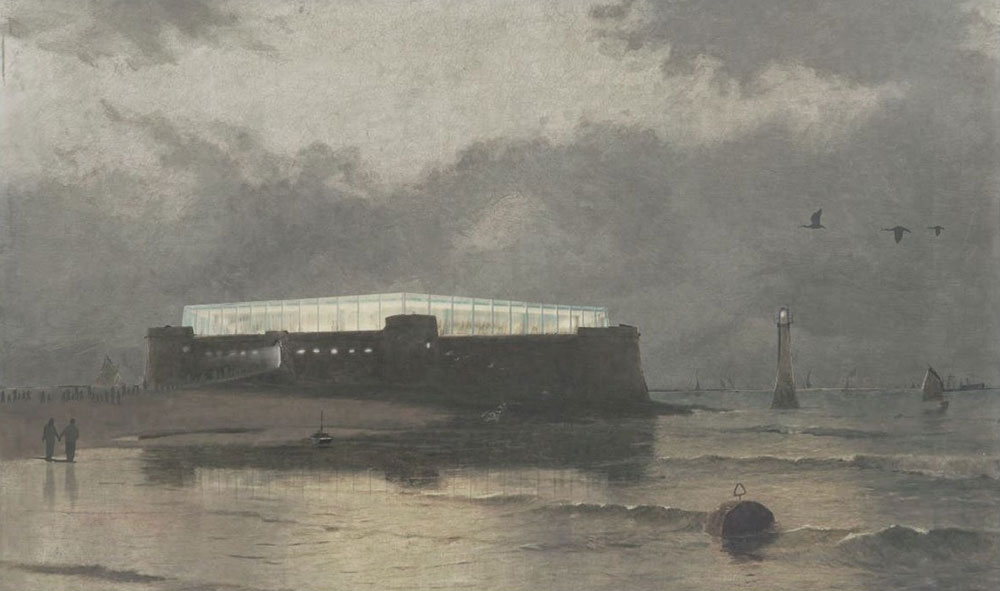The importance of heritage, culture, and sustainability to the development of the built environment has ensured that adaptive reuse has moved from the periphery into the mainstream of international architectural practice. The subject is future-oriented, and sustainable, and given the heritage-informed nature of the discipline, it is the defining aspect of architecture in the twenty-first century.
The expanding worldwide interest in this subject, combined with deliberately ambitious and inclusive expectations within the programme, and the academic leadership, reputation and international profile of the programme leaders and visitors, means that the MA Architecture and Adaptive Reuse is the foremost international and national programme for this subject. The programme is leading the debate about adaptive reuse. This reinforces the sustainability agenda, shows sustained educational change, innovation, and improvement, and addresses societal needs. Students on the programme are expected to pursue their own interests, whether this is ideas of memory and anticipation that can be explored through drawings, model-making or performance, or, the in-depth understanding of the technology of retrofit – or something completely different.
Adaptation is now at the forefront of architectural practice. Two of the world’s most pressing challenges are climate change and urbanisation. Given that already more than half of the global population live in urban environments, and by 2050, it is projected that over 70% of the world population will live in cities, all societies need to be able to accommodate growth while at the same time, reducing consumption. The existing building stock needs to become both more efficient and more resilient.
MA Architecture and Adaptive Reuse is a programme about existing buildings, situations and places, and how over time these structures and locations can be encouraged to evolve, sustain new uses, and accommodate new users – not as a reaction to the prevailing conditions, but in anticipation of them. The programme investigates and interprets architecture and reuse; explores aspects of history and memory, and the influence that these have on remodelling activities. The impact that context and the environment have upon projects is discussed, while a developed understanding of technical issues including construction, environmental control, materials, and conservation can be explored.


